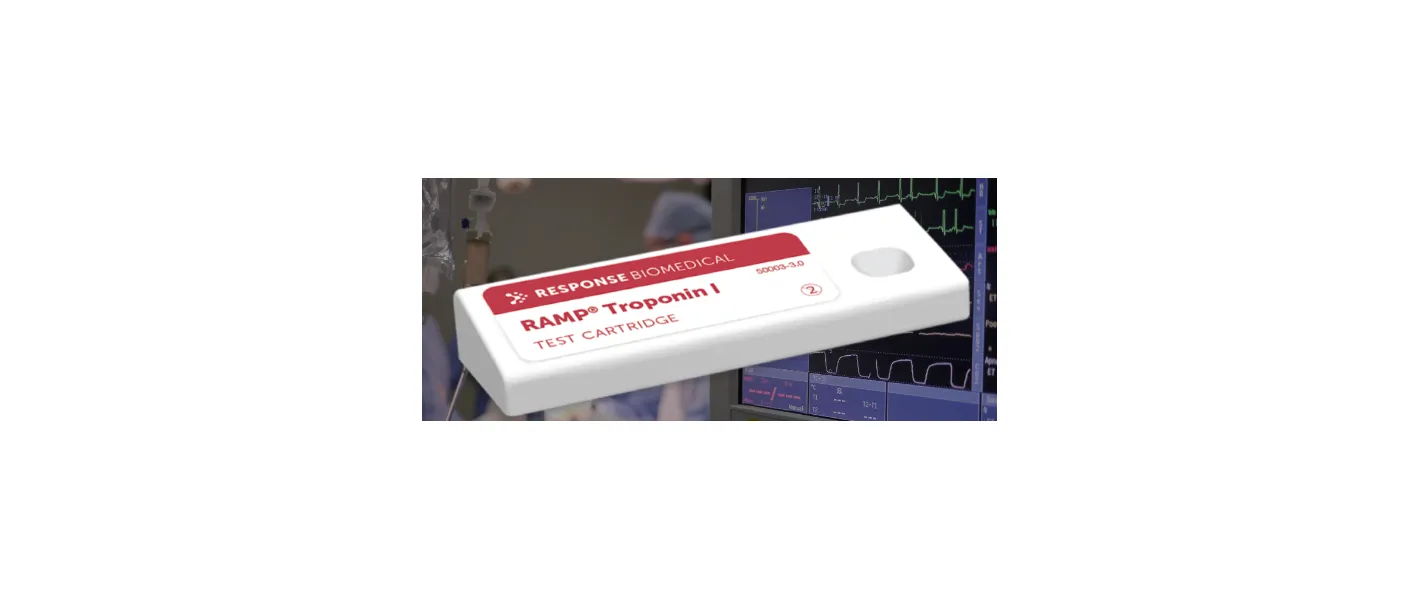Troponin is the contractile regulatory protein of striated muscles. This protein complex is comprised of three distinct polypeptides that are involved in calcium regulation: troponin C, I and T. Troponin I (TnI) is the subunit that inhibits actomyosin ATPase activity [1,2]. The cardiac isoform of TnI is not expressed in any type of skeletal muscle and is tissue- specific for the myocardium, making it an excellent biochemical marker for detection of myocardial injury [2-5]. Studies of patients with AMI have demonstrated early release of TnI into the blood stream after the onset of chest pain, reaching peak concentrations at 14 to 36 hours. The levels remain elevated for 3 to 7 days after infarction [5,6]. Measurement of TnI levels therefore provides a sensitive and specific determination of myocardial injury over a wide time window. Elevated levels of cardiac-specific troponins convey prognostic information beyond that supplied by the patient’s clinical signs and symptoms, the electrocardiogram (ECG) at presentation, and the pre-discharge exercise test [7]. Antman, et al. reported that patients with elevated levels of TnI had a statistically significant increase in mortality (p<0.001) when compared to patients without TnI elevations [8]. Further, the study provided data supporting a quantitative relationship between the Tnl level and the risk of death in acute coronary syndrome (ACS) patients (p<0.001). Additional work has demonstrated increases in other non-fatal cardiac events such as non-fatal myocardial infarction, congestive heart failure, and urgent revascularization with increasing levels of TnI [9-11]. The ability of TnI to be measured at the low-end of the concentration range allows therapeutic intervention to be considered at any elevation above the normal range. Patients that present with no ST-elevation on their ECG but who have even a slight elevation in TnI or TnT may receive a greater treatment benefit from certain drugs such as GP IIb/IIIa inhibitors or low molecular weight heparins [12-14]. Other conditions such as blunt trauma or myocarditis that is not secondary to ischemic coronary artery disease can also lead to myocardial injury and result in increased TnI blood levels. These clinical factors should be considered when interpreting test results, and the TnI levels should be used in conjunction with clinical signs and symptoms and ECG changes [7].
لم يتم العثور على أي تقييمات













